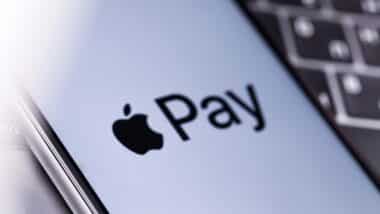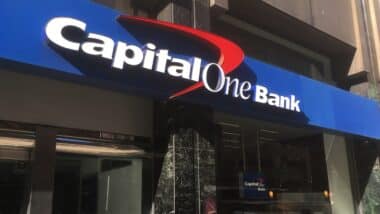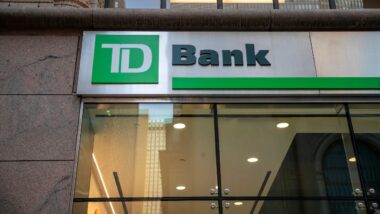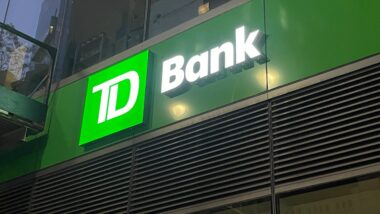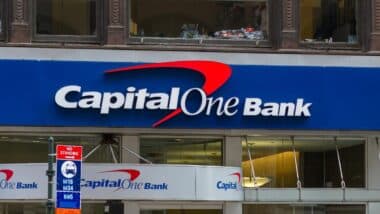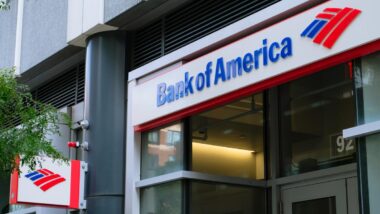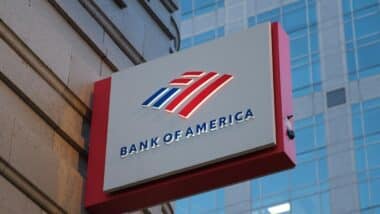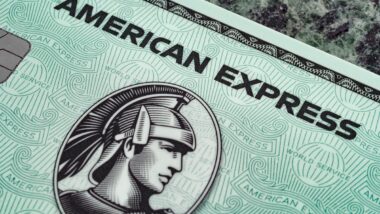 The recent fake accounts scandal that was discovered at Wells Fargo Bank may be continuing at several other financial institutions, according to federal investigators.
The recent fake accounts scandal that was discovered at Wells Fargo Bank may be continuing at several other financial institutions, according to federal investigators.
As was the case for victims of Wells Fargo, evidence suggests customers are being signed up for numerous services without their consent or knowledge. As a result, they may be charged a variety of unauthorized and illegal fees, interest charges and penalties.
The Fake Accounts Scandal Exposed
News of the fake accounts scandal at Wells Fargo first became public in 2016. However, top executives admitted that the crimes and improprieties behind the fake accounts scandal had been going on for many years before it actually became a public scandal.
Before major media outlets began reporting the story, Wells Fargo had simply been quietly firing employees who were discovered to be engaging in the creation of “dummy accounts.” Customers were never informed.
While Wells Fargo executives were not directly responsible for the creation of the fraudulent accounts, bank policies and pressure to meet sales goals did drive lower-level employees to commit fraud.
The unauthorized activity included opening “dummy accounts,” then transferring customer funds from their “real” accounts in order to generate fees, and the filing of fraudulent credit applications. In many instances, these bank employees even created false passwords and email accounts for customers so they could be enrolled in various programs – again, without their knowledge.
By the time the fake accounts scandal first broke in the media, Wells Fargo had fired approximately 5,300 employees in connection with these illegal activities. The heads have continued to roll: this month, the Wall Street Journal reported that nearly 40 district managers have been fired for failure to supervise and monitor their subordinates’ activities.
The Fake Accounts Scandal Spreads
After the fake accounts scandal at Wells Fargo became public, the Office of the Comptroller of the Currency (OCC) began an investigation of over three dozen other banking institutions for similar practices.
The OCC has not mentioned any specific banks involved in the ongoing fake bank account scandal and has no plans to go public with its full report. In an interview with American Banker, however, an OCC spokesperson acknowledged the discovery of “short-term sales promotions without adequate risk controls, deficient account opening and closing procedures, and isolated instances of employee misconduct.”
As the potential banks involved are not being named, consumers need to be cognizant of bank activity. Currently, law firms are looking into fake accounts and other fraudulent activity at a number of institutions.
While investigations are underway, the best way to protect yourself is to monitor your bank statements for unusual fees, or balances that are in disagreement with your own records. It is also wise to monitor your credit in order to determine whether or not someone has attempted to open an account in your name.
An unauthorized bank accounts lawsuit investigation is now looking into banking sales practices at the following banks:
- Bank of America
- BOK Financial
- Capital One
- HSBC
- Royal Bank of Canada
- TD Bank
If you are a customer at one of the banks listed above and you were charged for fees from a bank account you did not open, you were issued a credit card you did not request, or you were enrolled in services you did not authorize, you may qualify to join this fake bank account class action lawsuit investigation.
ATTORNEY ADVERTISING
Top Class Actions is a Proud Member of the American Bar Association
LEGAL INFORMATION IS NOT LEGAL ADVICE
Top Class Actions Legal Statement
©2008 – 2025 Top Class Actions® LLC
Various Trademarks held by their respective owners
This website is not intended for viewing or usage by European Union citizens.
Get Help – It’s Free
Join a Free Fake Bank Account Class Action Lawsuit Investigation
If your bank and credit union has engaged in deceptive overdraft fee practices, you may have a legal claim. Fill out the form on this page now to find out if you qualify!
An attorney will contact you if you qualify to discuss the details of your potential case.
PLEASE NOTE: If you want to participate in this investigation, it is imperative that you reply to the law firm if they call or email you. Failing to do so may result in you not getting signed up as a client or getting you dropped as a client.
In order to properly investigate fake bank account claims, you may be required to disclose bank statements to attorneys. Please note that any such information will be kept private and confidential.
Oops! We could not locate your form.

